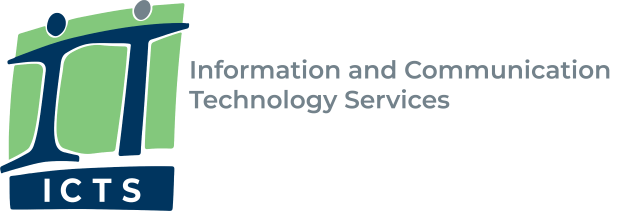
Voice instruments – such as handsets and headsets – play a vital role in communication at UCT. They enable seamless voice calls, conferences, and collaboration.
ICTS has introduced an automated service to request and receive a handset or headset. When you request a new extension number, the system automatically determines whether to deploy a headset or handset based on the requester’s profile.
The Microsoft Teams Adoption Project Steering Committee adopted and endorsed the voice instrument standard profiling system, which categorises users into two main groups
-
standard users
-
Contact Centre Users
-
common area/classroom users
Standard and Contact Centre users: hands-free communication headsets
UCT staff members, who have extension numbers, are allocated a headset for hands-free convenience and clear audio quality. The headset integrates with Microsoft Teams allowing you to manage internal and external calls, meetings, and your calendar.
Specialised headset options are provided to staff who work on UCT Contact Centres (i.e., switchboard, helpdesk and reception areas). These headsets have enhanced functionality to support the demands of managing high call volumes.
There are currently two types of Unified Contact Centres (CC) solutions:
- Basic UCC that integrates with Microsoft Teams: a straightforward solution for efficient call routing
- Advanced UCC supported by Anywhere 365: provides advanced features like call recording, comprehensive reporting, and interactive voice response (IVR) for advanced customer engagement and support.
View our diverse selection of headset options.
Common area/classroom users: handsets
Polycom handsets are the designated phones for classrooms and common areas at UCT. These areas include reception areas, security stations, labs, boardrooms, and shared offices.
The Microsoft Teams Polycom CCX400 phone is deployed in these spaces. Its features are tailored to elevate communication and collaboration.
